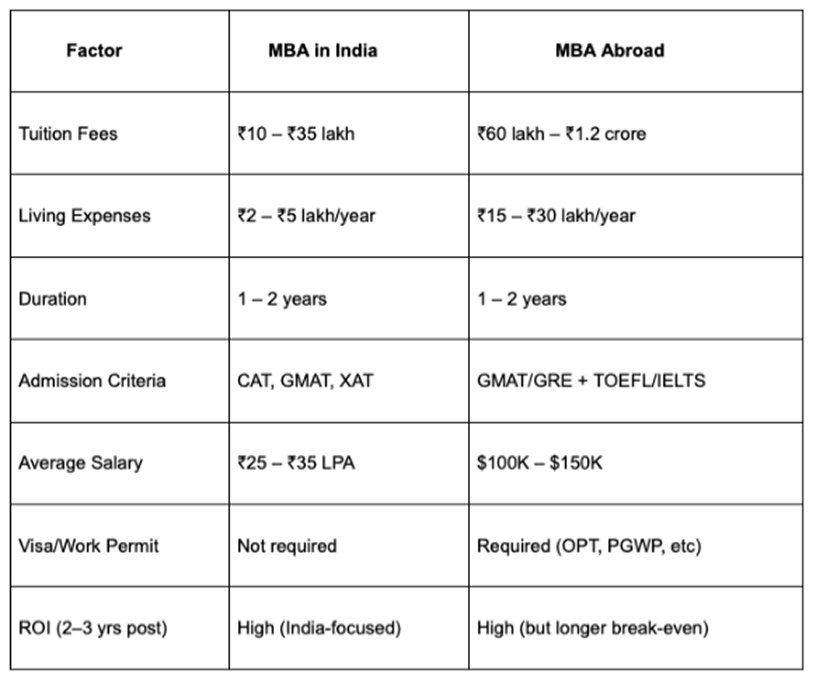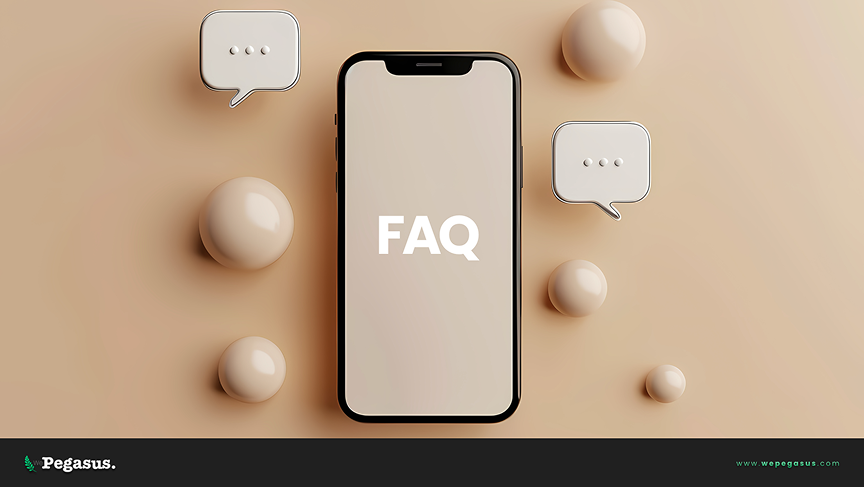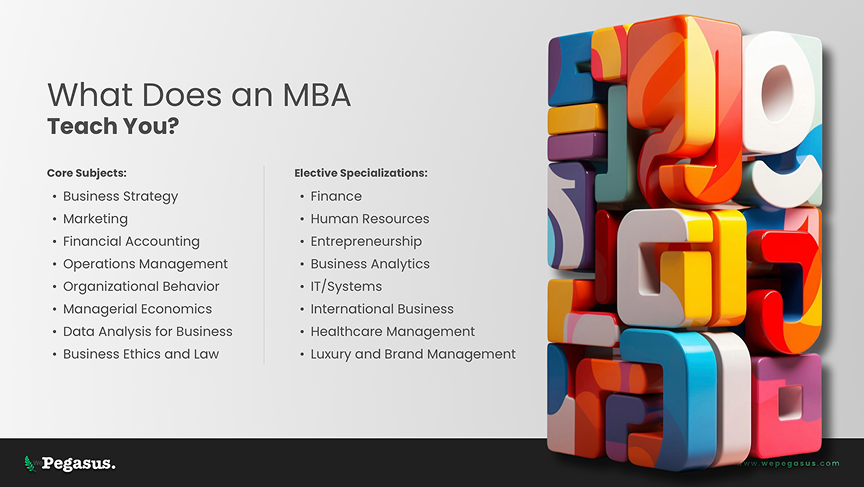MBA Explained: The Ultimate Guide to Mastering Your Business Career (2025 Edition)
What is an MBA, really?
We hear the term all the time. People go to business school, post shiny graduation photos, and suddenly land jobs at top global firms.
But what’s actually behind those three letters?
Let’s decode it.
What is an MBA?
MBA Decoded: It’s More Than Just 3 Letters
An MBA, or Master of Business Administration, is one of the world’s most respected postgraduate degrees. But it’s not just a certificate — it’s a transformation toolkit. It prepares you to think strategically, lead confidently, and solve real-world business problems.
It’s a blend of academics, leadership training, case studies, simulations, internships, and lifelong networking.
What Does an MBA Teach You?
Let’s break it down.
Core Subjects:
- Business Strategy
- Marketing
- Financial Accounting
- Operations Management
- Organizational Behavior
- Managerial Economics
- Data Analysis for Business
- Business Ethics and Law
Elective Specializations:
- Finance
- Human Resources
- Entrepreneurship
- Business Analytics
- IT/Systems
- International Business
- Healthcare Management
- Luxury and Brand Management
How Long Does an MBA Take?:
- Full-Time MBA – 1 to 2 years
- Executive MBA (EMBA) – 12 to 18 months
- Part-Time MBA – 2 to 4 years
- Online MBA – 1 to 3 years (self-paced)
How Long Does an MBA Take?:
1. Full-Time MBA
Campus-based, immersive, and most popular.
2. Executive MBA
Designed for professionals with 8+ years of experience.
3. Part-Time MBA
Ideal for working professionals with weekend/evening classes.
4. Online MBA
Study from anywhere. Good flexibility, but less networking.
5. Global/International MBA
Multi-campus programs with international peers.
What Happens in an MBA Classroom?
Think less “lectures” and more “business battles.”
- Case studies from Harvard, Stanford, INSEAD
- Group simulations and strategy games
- Presentations, pitches, and debates
- Real company problem-solving
- Internships and live consulting projects
You don’t just learn theory — you apply it.
What You Don’t Learn in an MBA?
Let’s be honest.
An MBA doesn’t teach:
- Technical coding (unless you take a niche elective)
- Artistic or creative fields (like design or film)
- How to get rich quick
Instead, it gives you:
- Tools to scale your thinking
- Frameworks to solve tough problems
- Skills to lead with impact
It’s a leadership bootcamp dressed as a degree.
Benefits of Doing an MBA
ROI Alert: Here’s What You Really Gain from an MBA
Let’s get this out of the way.
Yes, MBAs are expensive.
Yes, they take time.
But if you play your cards right, they can change your entire professional trajectory.
Here’s what makes an MBA truly worth it.
1. Better Job Opportunities?
The biggest reason most people choose an MBA? Career growth.
- Switch industries, roles, or functions
- Move into consulting, product, marketing, finance, or leadership
- Access global recruiters through B-school placements
- Stand out in competitive job markets
Companies love hiring MBAs because they’re trained to think, communicate,
and execute at a high level.
2. Higher Salary Packages
It’s not just a degree — it’s a salary booster.
- Indian B-schools (IIMs, ISB, XLRI): ₹20–35 LPA average
- US/UK B-schools: $100,000–$150,000 average
- Executive MBAs often see salary jumps of 50–200%
In fact, for many, the cost of the degree pays off in 2–3 years.
3. Leadership and Strategic Thinking
You’ll learn how to:
- Solve problems under pressure
- Build and lead high-performing teams
- Navigate corporate politics
- Make decisions with incomplete data
- Think long-term and strategically
You’ll develop the skills to lead, not just manage.
4. Personal Growth and Confidence
An MBA challenges your:
- Presentation skills
- Decision-making ability
- Emotional intelligence
- Negotiation and persuasion power
You graduate not just smarter — but sharper, bolder, and more self-aware.
6. Entrepreneurial Mindset
Even if you don’t start a company, thinking like a founder helps in every job.
MBA helps you:
- Validate startup ideas
- Build business models
- Understand funding and investment
- Pitch to real investors during B-school competitions
- Learn from other founders in your class
Many MBAs go on to raise venture capital, start unicorns, or join early-stage startups.
7. Global Exposure and Cultural Intelligence
An MBA isn’t just about academics. It’s about exposure.
- Learn with peers from 20+ nationalities
- Work on global team projects
- Understand business in different markets
- Travel, exchange semesters, and cross-border internships
You don’t just study business — you study how the world does business.
8. A Lifelong Network
You gain:
- Access to powerful alumni networks
- Referrals into top firms
- Long-term mentorship from faculty and batchmates
- A professional circle that follows you forever
People go to B-school for the degree. But stay successful because of the network.
9. Soft Skills That Truly Matter
What do CEOs, founders, and CXOs have in common?
They’ve mastered:
- Public speaking
- Empathy
- Clarity of thought
- Persuasive writingr
- High-stakes negotiation
All of this? You get trained during your MBA.
10. Clarity About Your Career
Many people go into an MBA not knowing exactly what they want.
But they come out with:
- A clear direction
- A refined resume
- A polished LinkedIn presence
- Confidence to articulate what they bring to the table
It’s like hitting the reset button — but with purpose.

Mini Case Study: How Aman Switched from IT to Consulting
- Background: Software Engineer for 4 years
- Joined IIM Bangalore
- Interned at BCG during summer placement
- Landed a pre-placement offer (PPO)
- Now works as a management consultant earning ₹38 LPA
"My MBA didn’t give me a job. It gave me options."
MBA in India vs MBA Abroad
India vs Abroad — Where’s Your MBA ROI Better?
It’s the classic question.
Do you go for the trusted Indian B-schools like IIMs and ISB?
Or pack your bags for Wharton, INSEAD, LBS, or NUS?
Let’s break this down like a B-school case study — clear, sharp, and data-backed.
Studying MBA in India
Key Schools:
- IIM Ahmedabad, Bangalore, Calcutta
- ISB Hyderabad / Mohali
- XLRI, SPJIMR, MDI, FMS Delhi, NMIMS
Entrance Exams:
- CAT (IIMs, FMS, MDI)
- GMAT (ISB, SPJIMR, Great Lakes)
- XAT, SNAP, NMAT for other private institutes
Key Advantages:
- Affordable tuition: ₹10–35 lakh
- Strong placement network in India
- High ROI in Indian job market
- CAT coaching and B-school culture well-established
- Indian-specific case studies and business scenarios
Challenges:
- Competitive exams (especially CAT) are intense
- Less global exposure compared to foreign MBAs
- Placements mostly in Indian companies
- Lower average salary packages compared to abroad
Studying MBA Abroad
Key Destinations:
- United States: Harvard, Stanford, Wharton, Kellogg
- UK: London Business School, Oxford, Cambridge
- Canada: Rotman, Ivey, Schulich
- Europe: INSEAD, HEC Paris, IESE, ESADE
- Asia: NUS (Singapore), HKUST (Hong Kong), NTU
Entrance Exams:
- GMAT or GRE
- TOEFL or IELTS (language proficiency)
- Holistic application process (essays, SOPs, LORs, resume)
Key Advantages:
- International peer group from 30+ countries
- Average salaries of $100,000+ after graduation
- Strong brand recognition and alumni access globally
- Startup and VC exposure (especially in the US and Europe)
- Post-study work visas and immigration pathways
Challenges:
- High tuition: ₹60 lakh to ₹1.2 crore
- Cost of living adds ₹20–30 lakh more
- Visa restrictions and immigration policies vary
- Long application timelines
- Adapting to different education and business cultures

Visa and Work Permit Scenarios
USA:
- OPT (Optional Practical Training): 1 year, extendable up to 3 years for STEM MBAs
- H1B Work Visa: Lottery-based, valid for 3+ years
- Green Card: Long-term immigration possible, but time-consuming
Canada:
- Post Graduate Work Permit (PGWP): Up to 3 years
- Path to Permanent Residency (PR) is clear and straightforward
Europe (France, Germany, Netherlands):
- 1 to 2 year post-study work visa
- PR possible, but depends on country
Singapore & Asia:
- 1–2 year job search visa
- Competitive job market, but great business exposure
Which One Should You Choose?
Let’s make it simple:
Choose MBA in India if:
- You want to build a long-term career in India
- You're budget-conscious
- You want to enter the Indian startup ecosystem
- You thrive in structured, competitive entrance exams
Choose MBA Abroad if::
- You want international relocation opportunities
- You’re aiming for global firms or startups
- You’re open to high investment for high return
- You value multicultural learning and a global network
Sample Profiles
Ritika – India MBA:
- Background: B.Tech + 3 years work ex
- Joined IIM Calcutta
- Switched to strategy consulting in Mumbai (₹28 LPA)
Siddharth – US MBA
- Background: Finance + 4 years experience
- Joined Wharton
- Moved to New York, now in private equity ($140K base + bonus)
Both succeeded. They just chose different paths.
So, Is an MBA Worth It in 2025?
Absolutely. But only if you’re doing it for the right reasons.
MBAs are no longer just for climbing corporate ladders. They’re for:
- Switching industrie
- Building startups
- Becoming future-ready
- Expanding global career options
Expanding global career options
Your MBA journey doesn’t start at B-school. It starts with your application.

How WePegasus Helps You Win
At WePegasus, we specialize in helping applicants craft powerful MBA applications that get noticed.
We’re not just editors. We’re strategic storytellers.
Our MBA Services Include:
- SOP and Essay Editing (multiple rounds, personalized feedback)
- Resume Revamp (focused on MBA impact)
- College Wishlist Strategy (based on your goals, budget, geography)
- LOR Guidance (we help you draft or coach your recommenders)
- School-Specific Edits (Harvard, INSEAD, ISB, etc.)
Our team understands how top B-schools think — and how to position your story to stand out.
Use Our MBA Wishlist Tool
Not sure where to apply?
Answer a few quick questions:
- What’s your background?
- How many years of work experience do you have?
- What industries are you targeting post-MBA?
- What’s your budget and location preference?
Europe (France, Germany, Netherlands):
- 1 to 2 year post-study work visa
- PR possible, but depends on country
We’ll send you:
- A customized shortlist of 6–8 B-schools
- A strategy plan for your application
- A recommended editing package
No login. No spam. Just clarity.
Sample SOP Transformation
Before:
"I want to do an MBA to grow in my career and gain exposure."
After (with WePegasus):
"My transition from data analyst to growth strategist at an early-stage fintech startup taught me that strategy without execution fails. At London Business School, I want to refine my understanding of global product scaling, collaborate with international founders, and build a growth mindset that drives both profit and purpose."
That’s the power of positioning.







